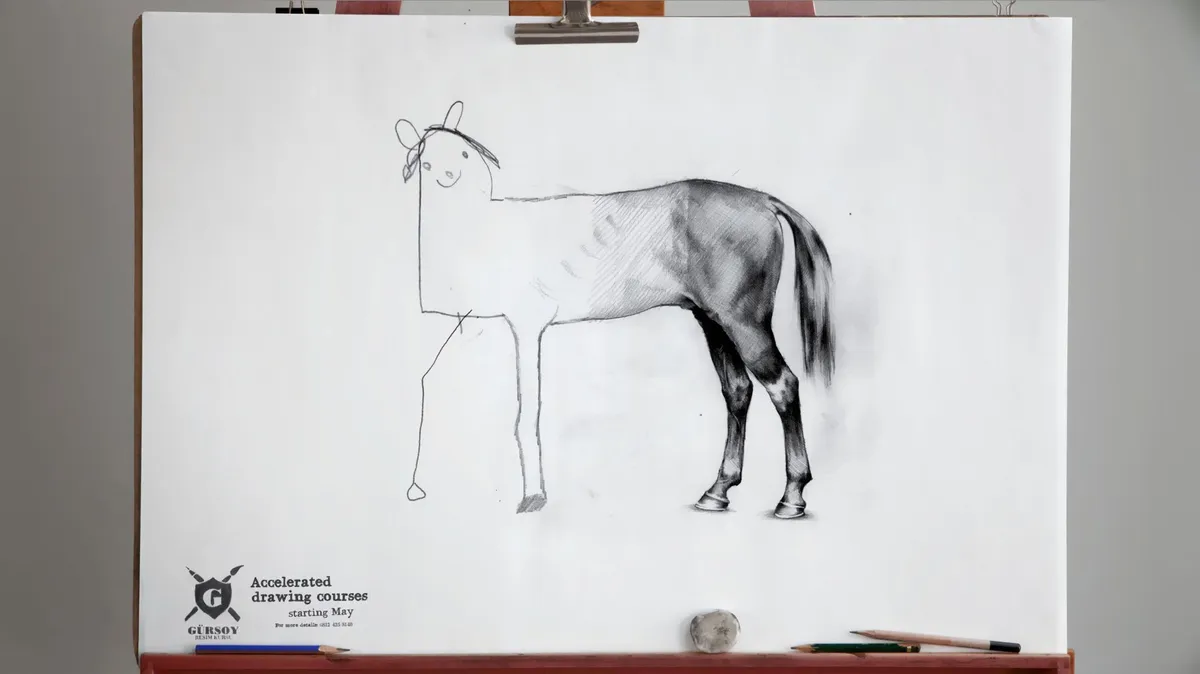Premature Optimization and Game Design
There's an idea in software engineering called "premature optimization," which is used to describe a pattern of behavior that's generally not helpful for a successful product. The basic idea is that many projects die because folks spent too much time, energy, or money on trying to make something perfect before making everything "good enough." This is a really easy pattern to fall in, because software engineering is largely working with ideas, and one of the more difficult steps of working with ideas is defining what you're trying to make. So, once you have an idea of what a given construct is "supposed" to be, it's easy to see the ways that that construct can be improved, while the energy to figure out the other constructs that need to be integrated is large.
However, the more that the rest of the design is left to handwaving, the more likely it is that some aspect of the design is going to be more difficult to implement than expected. See the image below for a graphical example (credit https://www.alibati.com/work/horse).

The advice given is to make a full version of the product that's "good enough" and then work on making elements better as needed. This saves you from wasted effort, as many projects are going to-
- Not end up coming together or
- Require changes in order to work properly
- Not need to be amazing (as Maciej Cegłowski said, barely succeed, it's easier)!
In your personal life, it's easy to pick up a new hobby and immediately want to spend a huge amount of money acquiring top-of-the-line gear and accessories. Now, not to tell people how to spend their money, but my general advice is to do the thing for a while, using the simplest/easiest set of tools that you need to do the thing, and then, as needed, replace them with better gear. If you want to start hiking, get some relatively cheap hiking boots and go hiking for a couple of weekends before you invest in serious backpacking gear.
To pull this to game design, I see a lot of newer designers come up with these brilliant jewels of systems, spending a huge amount of time / energy / money on an early design. I certainly fell victim to this trap and will warn other people. You may like big, complex games, and that's what may have helped you to fall in love with the hobby, but consider making, from start to finish, something like a small, self-contained card game. I guarantee you will learn -
Better toolstacks! On my first serious design, A Crystal Ship, I had a deck over a hundred cards, and I edited each one in GIMP every time I made a change to layout. Now, I edit things in a google sheet, use Nandeck to handle card layout, and have macros set up to take cards and throw them onto a print sheet. Speaking of print sheets-
Component sizing and amounting! At some point, you will probably want to print a physical copy of the thing you're making. You can make everything custom yourself, but it's cheaper and easier to use a printer, and most printers have standard dimensions and amounts for cards. For example, I use Print & Play, and for normal cards, they use 2.5 x 3.5 inch cards with 18 to a sheet. Anything you do to reduce the number of sheets you use will have huge impacts on the cost to print your game, which will have huge impacts on your ability to self-publish or get it published. Before you lock in 100 cards as the core of your vision, ask yourself if 90 cards (or 108) isn't just as good.
What your game actually needs! You may have a vision for a beautiful set of cards and commission some awesome art and layout, but if it turns out that you don't need half of the cards (because of point 2) or that the cards should be tarot-sized, you've wasted a bunch of time and effort. Moreover, if you end up signing your game with a publisher, they're probably not going to use your art, so use placeholders. Only add things that take money or effort when they become the stumbling block to testers or folks. You'll thank yourself later
Of course some kinds of design really need all the pieces to be more or less in place before the design actually comes together (in the video-game word, Immersive Sims tend to not work as games until basically all the elements are close to done), but consider doing less on your next round of designs and seeing if you don't get a product that's turned around faster, so you have more time to make it better!